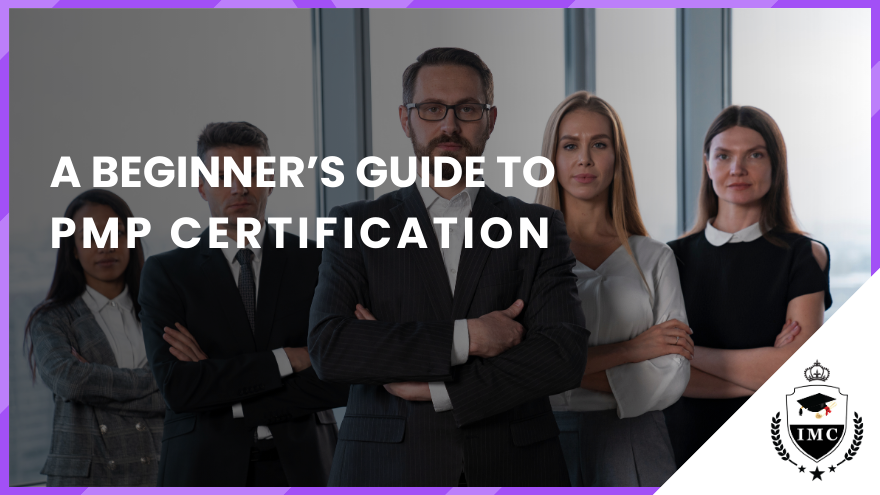Introduction
The Project Management Professional (PMP)/certification, offered by the Project Management Institute (PMI), has become an essential skill in the competitive job market today. This is one of the most widely recognized credentials in the industry. For those who are new to PMP and have questions about how to get started, this guide will assist them.
What is PMP Certification?
The PMP certification validates your expertise in managing projects efficiently. It covers essential aspects of project management, including planning, execution, monitoring, controlling, and closing projects.
Why Should You Get PMP Certified?
- Career Advancement: PMP-certified professionals earn higher salaries and have better job opportunities.
- Global Recognition: PMP is recognized across industries and countries.
- Improved Project Management Skills: Learn industry best practices and methodologies.
- Networking Opportunities: Join a global community of certified professionals.
PMP Certification Requirements
To be eligible for the PMP exam, you must meet either of the following criteria:
Option 1: Bachelor’s Degree Holders
- Education: Bachelor’s degree
- Experience: 36 months of project management experience
- Training: 35 hours of project management education or CAPM certification
Option 2: High School Diploma or Associate Degree Holders
- Education: High school diploma or associate degree
- Experience: 60 months of project management experience
- Training: 35 hours of project management education or CAPM certification
PMP Exam Overview
- Number of Questions: 180 multiple-choice questions
- Duration: 230 minutes
- Exam Domains:
- People (42%) – Managing teams and stakeholders
- Process (50%) – Project methodologies and best practices
- Business Environment (8%) – Organizational strategy and impact
Steps to Prepare for the PMP Exam
Step 1: Study the PMBOK Guide
The PMBOK (Project Management Body of Knowledge) Guide is the primary reference for the PMP exam. It covers project management frameworks, methodologies, and best practices.
Step 2: Enroll in a PMP Training Course
PMI requires 35 hours of project management training. You can take an online course, attend in-person training, or opt for self-study.
Step 3: Practice with Mock Exams
- Use books like "Rita Mulcahy’s PMP Exam Prep" and "Head First PMP".
- Take mock tests to understand the exam format and improve your time management skills.
Step 4: Apply for the PMP Exam
- Create a PMI account at www.pmi.org.
- Submit your application, including work experience details.
- Pay the exam fee
Step 5: Take the PMP Exam
- Choose between an online proctored exam or an in-person test center.
- The exam consists of scenario-based questions that test your practical knowledge.
Maintaining Your PMP Certification
PMP certification is valid for three years. To renew it, you must earn 60 Professional Development Units (PDUs) by participating in training and professional development activities.
BONUS TIP:
Getting PMP certified is a game-changer for professionals looking to boost their project management careers. While the journey requires effort and dedication, the rewards are worth it. Start preparing today, and take the next big step in your career!






